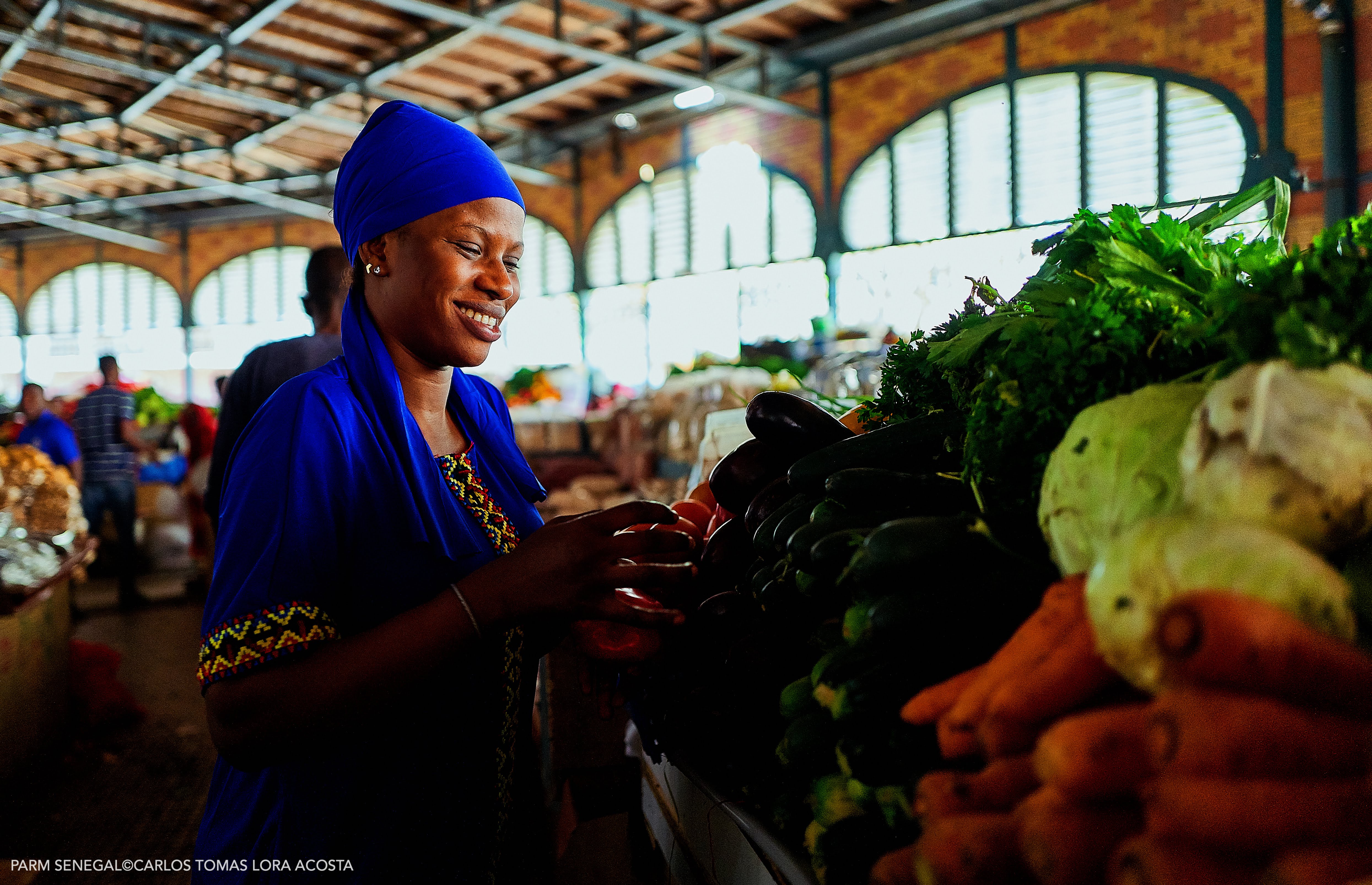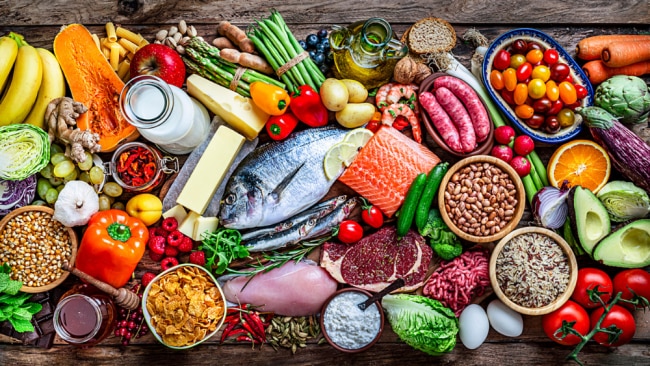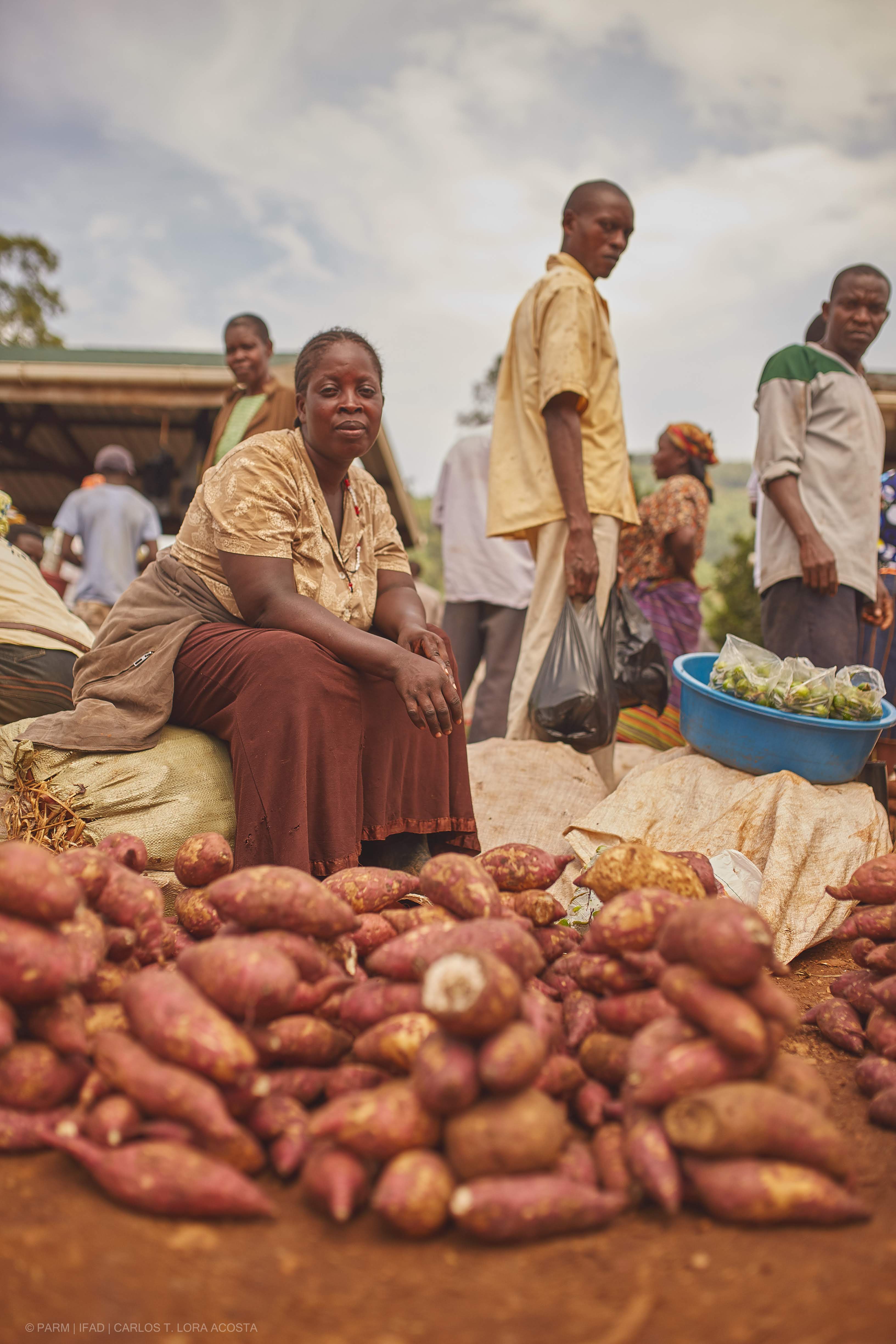International food trade has existed for thousands
of years but until not too long ago food was mainly produced, sold and consumed locally.
Over the last century the amount of food traded internationally has grown exponentially, and a quantity and variety of food
never before possible travels the globe today.
International Food Standards
The Codex Alimentarius international food standards, guidelines and codes of practice contribute to the safety, quality and fairness of this international food trade.
Consumers can trust the safety and quality of the food
products they buy and importers can trust that the food they ordered will be in accordance with their specifications.
Protecting Consumer Health
Public concerns about food safety issues often place Codex at the centre of global debates. Veterinary drugs, pesticides, food additives and contaminants are some of the issues discussed in Codex meetings.
Codex standards are based on sound
science provided by independent international risk assessment bodies or ad-hoc consultations organized by FAO and WHO.
While being recommendations for voluntary application by members, Codex standards serve in many cases as a basis
for national legislation.
Protecting Consumer Health
The reference made to Codex food safety standards in the World Trade Organization’s Agreement on Sanitary and Phytosanitary measures (SPS Agreement) means that Codex has far reaching implications for resolving trade disputes.
WTO members that
wish to apply stricter food safety measures than those set by Codex may be required to justify these measures scientifically.
Since its foundation in 1963, the Codex system has evolved in an open, transparent and inclusive way to meet
emerging challenges.
International food trade is a 2000 billion dollar a year industry, with billions of tonnes of food produced, marketed and transported.
Related content

These food standards and related texts aim at protecting consumers’ health and ensuring fair practices in the food trade.
The publication of the Codex Alimentarius is intended to guide and promote the elaboration and establishment of definitions and requirements for foods to assist in their harmonization and in doing so to facilitate international trade.


Codex standards and related texts contain requirements for food aimed at ensuring for the consumer a safe, wholesome food product free from adulteration, correctly labelled and presented. A Codex standard for any food or foods should be drawn up in accordance with the Format for Codex Commodity Standards and contain, as appropriate, the sections listed therein.

These food standards and related texts aim at protecting consumers’ health and ensuring fair practices in the food trade.
The publication of the Codex Alimentarius is intended to guide and promote the elaboration and establishment of definitions and requirements for foods to assist in their harmonization and in doing so to facilitate international trade.
 Codex and the food we eat
Codex and the food we eat
which has travelled around the world since ancient times.
We might not always know where it comes from,
but we expect it to be available, safe and of good quality.
The Codex Alimentarius Commission was created in 1963 by the UN Food and Agriculture Organization and the World Health Organization to protect the health of consumers
and ensure fair practices in the food trade.
"There is a lot at stake for protecting consumer health and ensuring fair practices in the food trade."
All information on Codex is public and free.
To find out more, please read the frequently asked questions section on this site (FAQ) or for additional information contact:
Codex Secretariat
Joint FAO/WHO Food Standards Programme
FAO HQ
Viale delle Terme di Caracalla 00153 Rome, Italy
Tel.: (+39) 06 57051
Email: [email protected]






